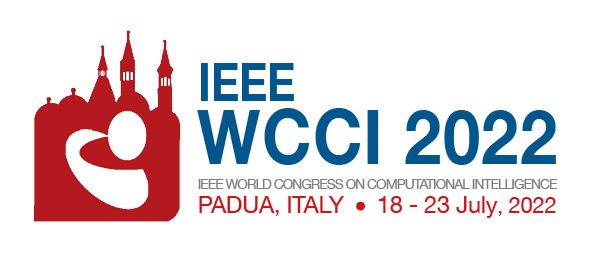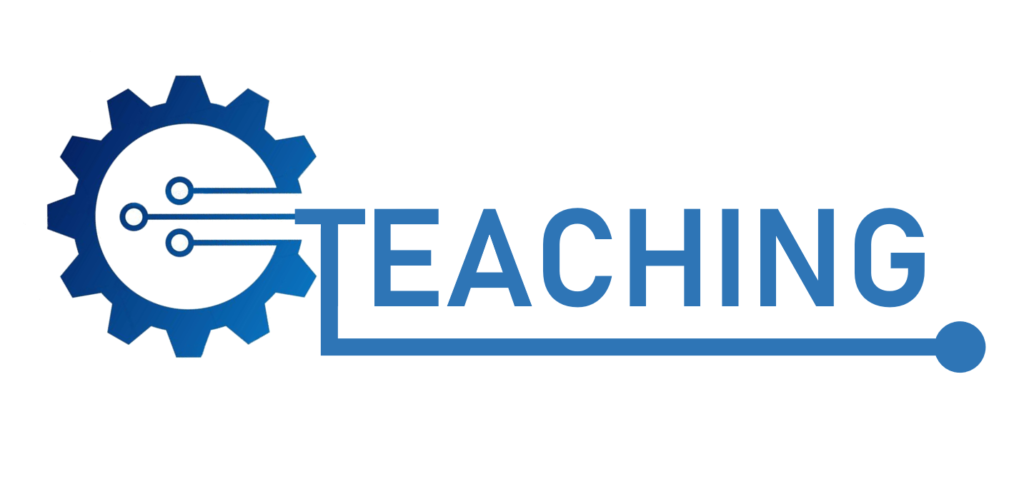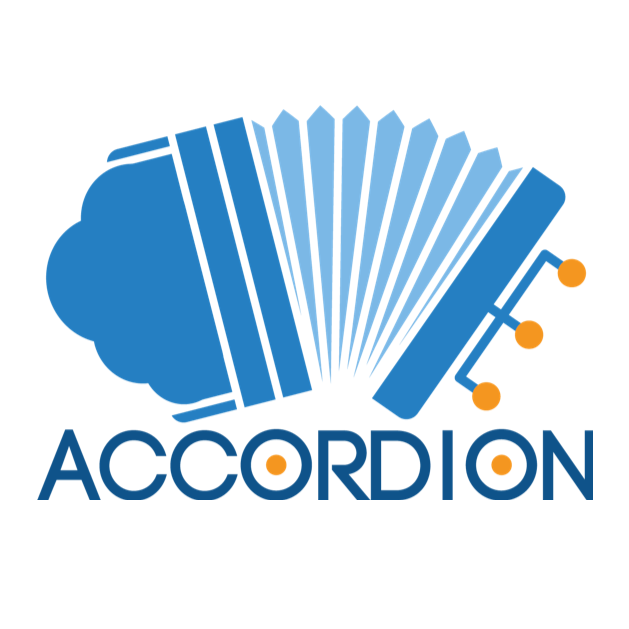
1st International Workshop on Pervasive Artificial Intelligence
Hosted by the 2022 IEEE World Congress on Computational Intelligence
Artificial intelligence (AI) is becoming a pervasive technology in ICT systems development, as well as for its presence in products and services of daily use. In particular, a pervasive use of neural-based methodologies and technologies comes at the cost of increased functional and non-functional requirements related to fundamental properties, such as energy efficiency, ability to continuously adapt to changing conditions and tasks, dependability, security and human-machine interactivity. Such requirements, while compelling, can also be seen as research opportunities to design and develop novel neural network methodologies and architectures which are efficient and effective in meeting such requirements, e.g. developing continual learning strategies for lifelong adaptation, or randomized networks to facilitate learning on constrained devices. Pervasiveness has another side of the coin linked to the need of developing computing and communication technologies specifically meant to support deployment and execution of neural models, e.g. neuromorphic hardware, or high-performance computing for AI acceleration. The workshop provides a first forum of scientific discussion and dissemination for a community and works bringing together the two aspects of the coin, under the umbrella of Pervasive Artificial Intelligence. The workshop will host contributions related to both novel AI methodologies, models and applications in pervasive scenarios, as well as computing and communication abstractions, infrastructures and applications for AI. Special attention will be devoted to contributions tackling the theme of sustainable AI and resulting from academia-industry collaborations.
Workshop Program
- 2 invited talks (30 min)
- 3 long papers (15 min)
- 7 short papers (12 min)
LOCATION – Room SM5 – Centro Congressi Padova Fiere, Padova, Italy
The workshop will also live streamed here: meet.google.com/nqm-akbv-eff
session 1 (10:20-11:20)
- 10:20-10:35 – opening remarks by workshop chairs
- 10:35-11:05 – Invited talk by Diane Larlus (Naver Labs Europe) – Lifelong visual representation learning
- 11:05-11:20 – Deepak Ramegowda and Man Lin. Making FreeRTOS Pervasive Systems Learn to Select Energy Saving Technique for Mixed Taskset
session 2 (15:00-16:40)
- 15:00-16:25 – short paper orals
-
Jan Philip Göpfert and Christina Göpfert. Boundary-aware visualizations of deep classifiers using adversarial signposting
-
Charalampos Davalas, Dimitrios Michail, Christos Diou, Iraklis Varlamis and Konstantinos Tserpes. A Cloud-based Continual Learning System for Road Sign Classification in Autonomous Driving
-
Claudio Gallicchio and Miguel Cornelles Sorniano. Hardware-Friendly Deep Reservoir Computing
-
Gianluca Milano, Matteo Agliuzza, Natascia De Leo and Carlo Ricciardi. Physical reservoir computing with memristive nanonetworks
-
Claudio Gallicchio. Minimal Euler State Networks
-
Andrea Ceni and Claudio Gallicchio. Orthogonality in Additive Reservoir Computing
-
- 16:35-16:40 – Antonio Carta, Giacomo Carfì, Valerio De Caro and Claudio Gallicchio. Efficient Anomaly Detection on Temporal Data via Echo State Networks and Dynamic Thresholding
session 3 (17:00-18:00)
- 17:00-17:30 – Invited talk – Hava T. Siegelmann (University of Massachusetts, Amherst)
- 17:30-17:45 – Rudy Semola, Vincenzo Lomonaco and Davide Bacciu. Continual-Learning-as-a-Service (CLaaS): On-Demand Efficient Adaptation of Predictive Models
- 17:45-18:00 – closing remarks by workshop chairs
Accepted Papers
Short papers
- Jan Philip Göpfert and Christina Göpfert. Boundary-aware visualizations of deep classifiers using adversarial signposting
- Charalampos Davalas, Dimitrios Michail, Christos Diou, Iraklis Varlamis and Konstantinos Tserpes. A Cloud-based Continual Learning System for Road Sign Classification in Autonomous Driving
- Claudio Gallicchio and Miguel Cornelles Sorniano. Hardware-Friendly Deep Reservoir Computing
- Gianluca Milano, Matteo Agliuzza, Natascia De Leo and Carlo Ricciardi. Physical reservoir computing with memristive nanonetworks
- Claudio Gallicchio. Minimal Euler State Networks
- Andrea Ceni and Claudio Gallicchio. Orthogonality in Additive Reservoir Computing
Long papers
7 – Rudy Semola, Vincenzo Lomonaco and Davide Bacciu. Continual-Learning-as-a-Service (CLaaS): On-Demand Efficient Adaptation of Predictive Models
8 – Antonio Carta, Giacomo Carfì, Valerio De Caro and Claudio Gallicchio. Efficient Anomaly Detection on Temporal Data via Echo State Networks and Dynamic Thresholding
9 – Deepak Ramegowda and Man Lin. Making FreeRTOS Pervasive Systems Learn to Select Energy Saving Technique for Mixed Taskset
Organizing Committee
Davide Bacciu, Università di Pisa
Antonio Carta, Università di Pisa
Patrizio Dazzi, Consiglio Nazionale delle Ricerche
Magdalini Eirinaki, San Jose State University
Iraklis Varlamis, Harokopio University of Athens
Important Dates
Submission Deadline: April 30th 2022, May 26th 2022 AoE
Notification to authors: June 20th 2022
Camera-ready upload: June 15th 2022, July 2nd 2022, AoE
Workshop dates: 19 July 2022
Submission Guidelines
The workshop offers the possibility to opt for either non-archival contributions or published proceedings papers. Only regular papers, as defined below, can be included in the proceedings. The latter will be published under the CEUR-WS AIxIA series, which is open access and fully indexed by Scopus, DBLP and Scholar.
We accept the following type of contributions:
- Regular (min 10 pages, max 12 pages refs included): papers presenting mature research contributions
- Short (min 5 pages, max 8 pages): papers presenting preliminary ideas, work in progress, position statements
All contributions, irrespective of the type, will undergo a single blind peer review process with 2-3 anonymous referees.
Articles should be formatted according to the CEUR-WS style.
Submissions are handled via Easychair.
Workshop topics
The workshop encourages submissions from academia, industrial projects, and international research projects. Relevant topics include but are not limited to:
- Adaptive placement of applications on the Cloud-Iot continuum
- Algorithms, software and hardware platforms for high-performance and scalable processing of AI and ML models
- Continuous reasoning on Cloud-IoT applications
- Cybersecurity in ML
- Design and development of algorithms, models and software for AI and ML
- Distributed and embedded AI and learning
- Distributed, embedded and in-silico neural computation
- Deep graph networks in pervasive AI applications
- Federated learning
- Intelligent IoT and cyber-physical systems
- Learning on streaming data and continual learning
- Multi-agents systems in pervasive computing
- Methods, algorithms and systems for human-aware, secure and safe AI in pervasive computing scenarios
- ML-on-Cloud, ML-for-the-Cloud, ML as a service
- ML-Ops
- Neuromorphic computing
- Learning at-the-edge
- Safe AI
- Sustainable AI
- Trustworthy AI
Program Committee
Konstantinos Tserpes, Harokopio University of Athens, Greece
John Violos, National Technical University of Athens, Greece
Georgios Alexandridis, National Technical University of Athens, Greece
Christos Diou, Harokopio University of Athens, Greece
Sara Colantonio, ISTI-CNR
Vincenzo Lomonaco, University of Pisa, Italy
Valerio De Caro, University of Pisa, Italy
Christos Sardianos , Harokopio University of Athens, Greece
Claudio Gallicchio, University of Pisa, Italy
Daniela Giorgi, ISTI – CNR, Italy
Mina Marmpena, Information Technology for Market Leadership, Greece
Supported by

